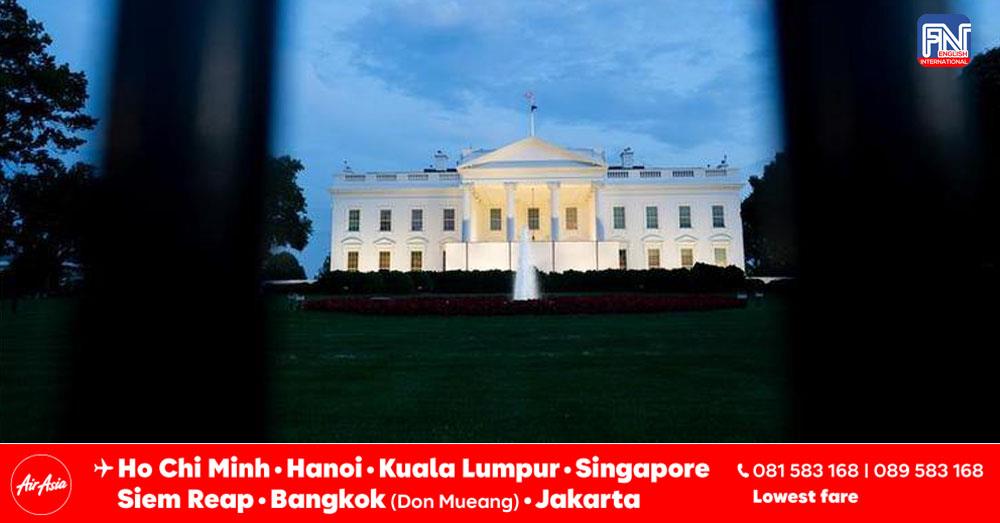BEJING, Mar. 24 (Xinhua) – For many Europeans, last month's Munich Security Conference was a moment of truth, revealing the true nature of U.S. foreign policy. U.S. Vice President JD Vance unleashed a stinging attack on Europe during the annual global gathering, targeting countries like Germany, Britain, Sweden and Romania for their handling of democracy and human rights.
Vance's assault on Europe has sparked a backlash from European leaders. German Chancellor Olaf Scholz firmly rejected Washington's intrusion, saying, "We will not accept outsiders meddling in our democratic processes or public opinion." French Foreign Minister Jean-Noel Barrot wrote on social media: "No country is obligated to adopt the model of another, neither can any nation impose its own model on Europe."
The lecturing by Washington, though unusual for Europe, is nothing new. For decades, the United States has been abusing the concepts of democracy and human rights for political purposes, particularly against countries that do not toe the U.S. line ideologically or strategically.
Historically, this approach has been directed at countries like China and Russia. Now, U.S. allies find themselves in the crosshairs.
DOUBLE STANDARD
Is the United States truly a global defender of democracy and human rights? Its domestic realities and foreign operations indicate a resounding no. Should Washington be truly committed to the principles, it would not have allowed systemic discrimination against its citizens, particularly African Americans, Latinos, Asian Americans and other minority groups. Nor would it have let the crisis of gun violence go unaddressed and persistent, hurting the most fundamental human right -- the right to life.
While all these issues are festering in its own backyard, the United States has been busy creating troubles in other parts of the world. Its overseas military operations have killed and displaced millions of innocent civilians. Additionally, its unilateral coercive measures against countries like Cuba have crippled local people's livelihoods, denying them basic human rights such as access to medicine and food. Most recently, its blatant disregard for the fundamental rights of Brazilian citizens deported as illegal immigrants once again exposes its double standard on human rights.
This stark contrast between rhetoric and behavior draws grave concerns about the true face behind the U.S. persona.
REAL MOTIVATION
If human rights are merely pretexts, what is America's real objective? Two things mean a lot to the U.S. administration.
First, the domestic political base. Vance's speech, though directed at Europe, was made to reinforce the Donald Trump administration's popular support at home. His emphasis on freedom of speech and immigration policy catered to the government's core supporters. It was a tool to rally the base and a pushback to growing opposition within the country.
Second, global hegemony. The United States is keen on maintaining its global dominance. It will not tolerate anyone seen as challenging the United States in international affairs. The Trump administration's criticism of Europe, framed as a defense of democracy, is actually an attempt to pressure European nations into aligning their policies with American strategic interests, particularly in security, economy and global architecture.
The same fear of losing dominance has been driving U.S. attacks on China. The striking similarity in the rhetoric against both allies and others underscores that these critiques are less about principles but more about geopolitical maneuvering.
HIGH RISKS
Using human rights as a political tool poses serious risk and undermines mankind's core values and basic principles. Democracy and human rights should be fundamental rights that every nation and citizen is entitled to. However, when they are manipulated as tools to achieve specific national interests, they lose their moral authority and credibility.

Photo from Xinhua




